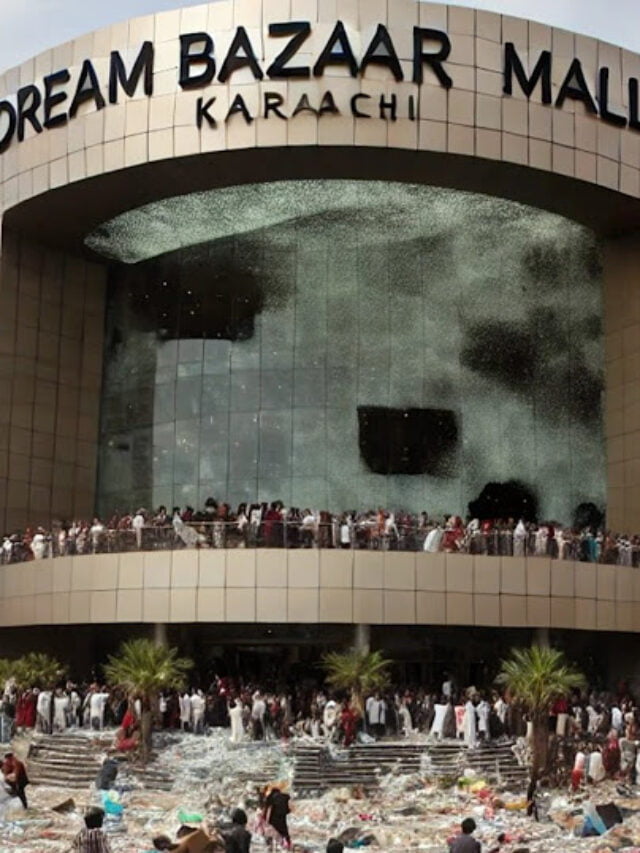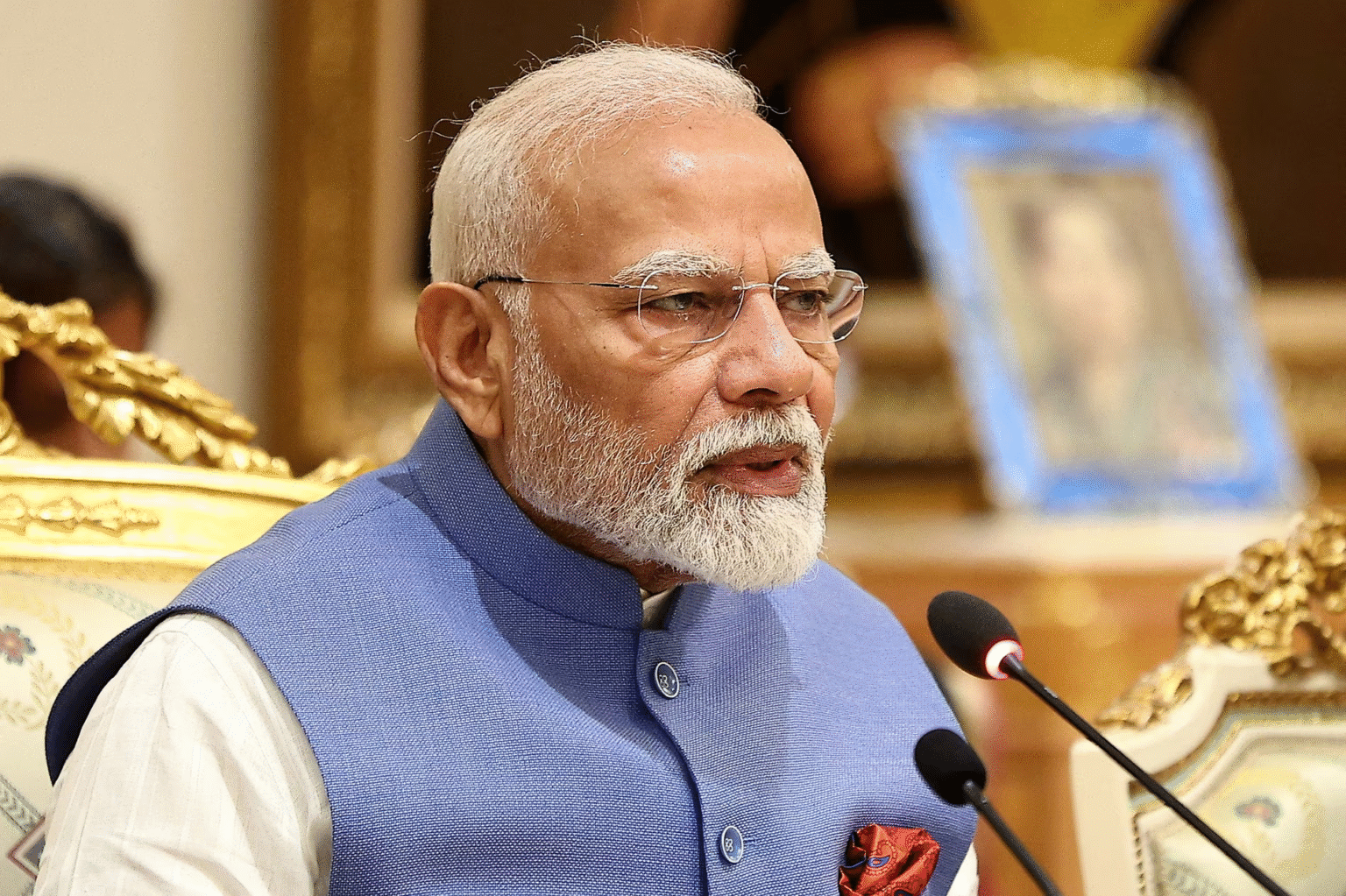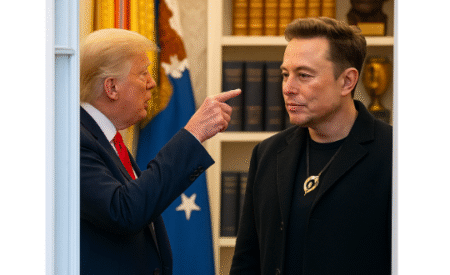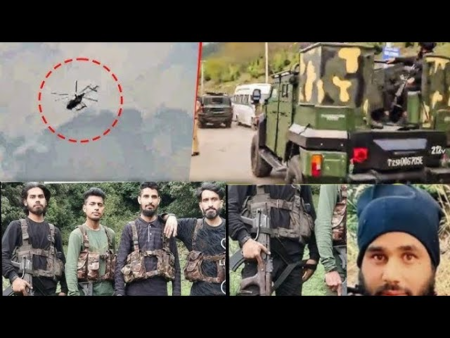The political landscape between Canada and India has reached a boiling point. Prime Minister Mark Carney’s recent invitation to Indian Prime Minister Narendra Modi for the upcoming G7 summit in Alberta has stirred not just political backlash—but a national ethical debate. This comes even as Canadian authorities publicly allege that the murder of Sikh activist Hardeep Singh Nijjar was orchestrated by the “highest levels” of the Indian government.
Is Canada sacrificing its values for geopolitical expediency?
Carney’s choice to move forward with the invitation, despite public outrage and an ongoing legal case, paints a complicated picture of modern diplomacy.
Who Was Hardeep Singh Nijjar?
A Leader in the Sikh Diaspora
Hardeep Singh Nijjar was a prominent voice in Canada’s Sikh community. He was known for his advocacy for Khalistan, a proposed independent Sikh homeland. For many, he symbolized freedom of speech and minority rights.
Target of Controversy
Labelled as a “terrorist” by the Indian government, Nijjar denied all charges. Canadian authorities had never charged him with a crime, yet he lived under the constant threat of surveillance and danger.
Calls for Protection Ignored
Before his assassination in June 2023, Nijjar reportedly contacted Canadian security officials about threats to his life. Yet, little action was taken—a silence now echoing louder than ever in the halls of Canadian power.
The RCMP Investigation and Charges
A Chilling Crime Scene
Nijjar was shot outside a Sikh temple in Surrey, British Columbia—a brazen act of political violence on Canadian soil. Surveillance footage and witness accounts led to swift action.
Four Indian Nationals Arrested
In a stunning development, four men—Indian nationals living in Canada—were charged with Nijjar’s murder. The RCMP made clear: this wasn’t random. It was coordinated.
India’s Alleged Involvement
Investigators publicly claimed the plot was sanctioned at the “highest levels” of India’s government. A bold accusation—and one Canada isn’t walking back from.
PM Mark Carney’s Stance
Legal Neutrality?
When pressed by journalists, Carney avoided confirming whether he personally believes Modi was involved in the murder. “There is a legal process under way,” he repeated.
Why Invite Modi Anyway?
Carney cited India’s role as the fifth-largest economy and key supplier of critical resources. Energy, AI, and mineral security were top of his mind—not justice.

Realpolitik in Action
The invitation is a calculated move. Carney’s government is clearly prioritizing economic and geopolitical factors over emotional or symbolic ones.
India’s Position on the Allegations
Firm Denial
India has consistently rejected the accusations as politically motivated and lacking in evidence. It sees Nijjar as a separatist threat, not a martyr.
Modi’s Polished Response
Modi didn’t address the allegations. Instead, he welcomed the invitation and praised India-Canada relations as “bound by deep people-to-people ties.”
Refusal to Cooperate
India has refused extradition requests and denied involvement in other alleged transnational repression. Its stance: absolute denial and diplomatic defiance.
Global Political Dynamics at Play
India’s Influence is Growing
With the largest population and rising tech dominance, India’s voice on the world stage is only getting louder. Western allies can’t ignore New Delhi anymore.
Why the G7 Needs India
Critical minerals, AI regulation, and climate change solutions are top priorities. India is a necessary partner—even if problematic.
Tensions Behind Closed Doors
Leaders may smile for cameras, but the diplomatic undercurrent is tense. The invitation doesn’t equal absolution.
Reaction from the Sikh Community
A Community Betrayed
The World Sikh Organization called Carney’s move “shameful and dangerous.” Their message: inviting Modi rewards political violence.
A Double Standard?
Danish Singh, WSO president, pointed out that leaders from Russia, Iran, or China would not be welcomed under similar allegations.
Generations of Pain
For many Sikhs in Canada, this is more than a headline—it’s personal. And it’s not easily forgotten or forgiven.
🌐 Canada-India Diplomatic Breakdown
A Year of Escalation
Diplomatic ties unraveled quickly after Nijjar’s death. Both nations expelled top diplomats in tit-for-tat moves.
Stalled Trade and Intelligence Sharing
Bilateral trade talks were suspended. Intelligence cooperation? Almost non-existent. Only people-to-people ties remain warm.
Diaspora Under Pressure
Indian Canadians—especially Sikh Canadians—are stuck in a diplomatic tug-of-war, vulnerable to backlash and suspicion.
The Risk of Setting a Precedent
- Does this normalize extrajudicial killings abroad?
- Will allies think twice before holding perpetrators accountable?
- Is economic power now a diplomatic shield?
Domestic Political Implications for Carney
Criticism Across the Aisle
Political opposition and community leaders have openly condemned Carney’s decision. It’s a risky move early in his premiership.
Electoral Stakes
Sikh communities are politically active, and this decision may alienate key constituencies in British Columbia and Ontario.
Trust in Institutions at Risk
If legal processes appear undermined by political gestures, faith in Canadian justice may falter.
Modi’s Motivation to Attend
- Global validation
- Economic negotiations
- AI and energy security
Modi’s presence at the G7 is a powerful image—one that signals his global legitimacy, regardless of controversy.
The G7 Summit: What’s at Stake?
- Tackling climate change
- Steering AI governance
- Reshaping global trade
India’s input is vital—but at what cost?
The Role of Law and Justice
- Can Canada hold alleged foreign actors accountable?
- Will arrests lead to extraditions?
- What message does silence send?
Looking Ahead: Will the Invitation Backfire?
- Protests are expected in Alberta
- Relations with other G7 nations could sour
- The long-term cost to Canada’s credibility is real
Conclusion and Reflection
Inviting Prime Minister Modi is a masterclass in geopolitical complexity. Mark Carney may be prioritizing economic strategy, but at what cost to Canadian values and justice? Only time will tell whether this move secures global partnerships—or sacrifices public trust.
FAQs
Q1: Why is Narendra Modi’s G7 invitation controversial?
Because he was invited amid allegations of orchestrating a murder on Canadian soil.
Q2: What is the G7 summit, and why is it important?
It’s a gathering of the world’s leading economies to discuss global challenges like climate, trade, and technology.
Q3: Who was Hardeep Singh Nijjar?
A prominent Sikh leader and Khalistan activist who was murdered in British Columbia.
Q4: Has India responded to the allegations?
India denies all charges and calls them politically motivated.
Q5: What impact could this have on Canada’s political future?
It may affect public trust, Carney’s approval ratings, and Indo-Canadian diplomatic relations.












